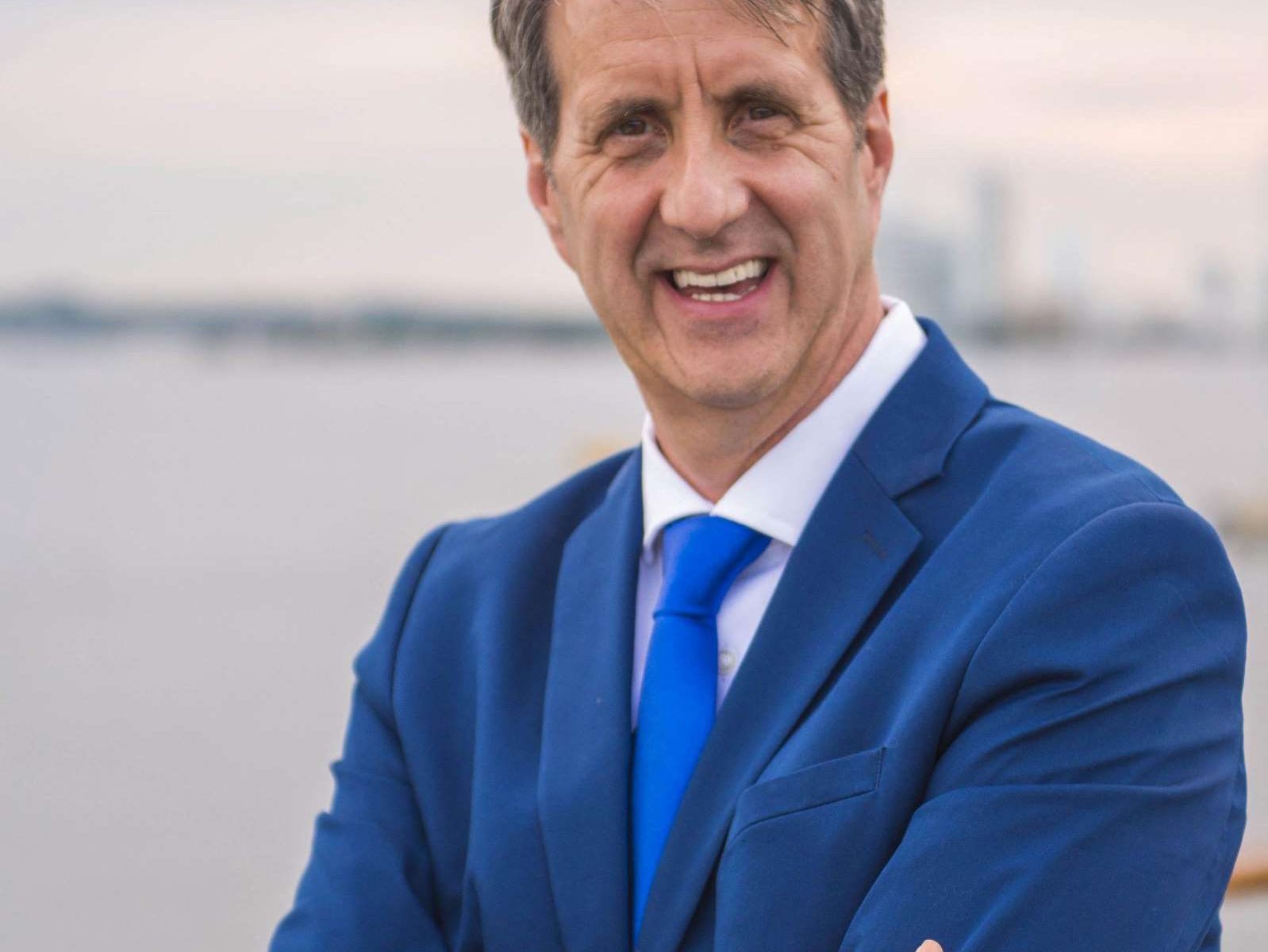Guest opinion: A closer look at medically assisted treatment for addiction

Medically assisted treatment, or MAT, for opioid addiction is becoming increasingly popular. It's now considered the gold standard when it comes to treating those with substance abuse issues, but it doesn't come without debate.

With addiction being seen less as a moral shortcoming and more as a mental illness, the treatment is with medication like any other disorder. These medications are similar in chemical make-up to the substances people were using, but this isn't the problem. The application of these drugs is where the controversy exists.
More: ‘She couldn't fit in.’ Mental health programs couldn’t help teen’s needs, behavior
More: Guest opinion: Now more than ever, let’s protect Southwest Florida children
More: Mothering during a pandemic: Personal stories from women across Southwest Florida
There are two schools of thought:
One is using medications strictly to get individuals off of drugs. This method involves minimizing the withdrawal symptoms that prevent people from seeking help. Once handled, the drug is no longer used.
The other approach lobbies for the continuous use of these medications. After a treatment program, an individual would be put on them for an indefinite period to prevent the individual from seeking illicit substances. This prolonged use reduces the risk of relapse and potential death.
Using drugs to get off drugs is a "fighting fire with fire" technique that has research to back its efficacy. But that depends on what your definition of effective is. If your goal is to stop overdoses and relapse, then it's advantageous. If effectiveness comes in the form of an individual not being dependent on a chemical substance, this isn't handling the problem.
Supporters of MAT say that it isn't substance "abuse" if the drugs they are taking are being prescribed, and they are taking them as directed. But from a strictly addiction-focused viewpoint, the methods of MAT do not handle the dependency. The body is still dependent on opioids, synthetic, or otherwise. Perhaps patients function better because they are not looking for their "fix" on the streets. But this doesn't handle the issue of addiction, and in all reality, prolongs it.
The above schools of thought can be compared to someone who quits smoking by using nicotine patches.
The first school would utilize the patches and step an individual down until there was no need to supply the body with nicotine.
School two would have the individual use the patches indefinitely to prevent the individual from ever smoking again. This is all done to avoid relapse and the harmful effects that smoking causes to the body. It wouldn't be uncommon for someone to be on nicotine patches that supplied them with more nicotine then they were initially addicted to. If the person doesn't smoke, doesn't waste money on cigarettes, and a medical professional authorized the amount of nicotine they were taking, then it would be seen as a success.
This duality in utilization is where the core of the debate lies. Is it okay to utilize medication to any extent necessary to ensure the individual does not use the illicit drug? The answer to this question is complicated because there are benefits to this approach, to the extent that fewer people are overdosing and spreading diseases.
On the other hand, the goal of treatment should be to solve the problem, not mask it. By any means necessary may be an acceptable stop-gap solution, but the focus needs to shift to handling the root problem, not its consequences.
(Marcel Gemme has been helping people struggling with substance abuse for over 20 years. He first started as an intake counselor for a drug rehabilitation center in 2000. During his 5 years as an intake counselor, he helped many addicts get the treatment they needed, and saw first-hand how much strain addiction puts on a family and how it can tear relationships apart. With drug and alcohol problems constantly on the rise he utilized his website, Addicted.org, and community outreach as a way to spread awareness. His main focus is threefold: education, prevention and rehabilitation.)
This article originally appeared on Fort Myers News-Press: Guest opinion: A closer look at medically assisted treatment for addiction
 Pathways Drug Rehabilitation Luxury Addiction Treatment & Detox Center
Pathways Drug Rehabilitation Luxury Addiction Treatment & Detox Center


